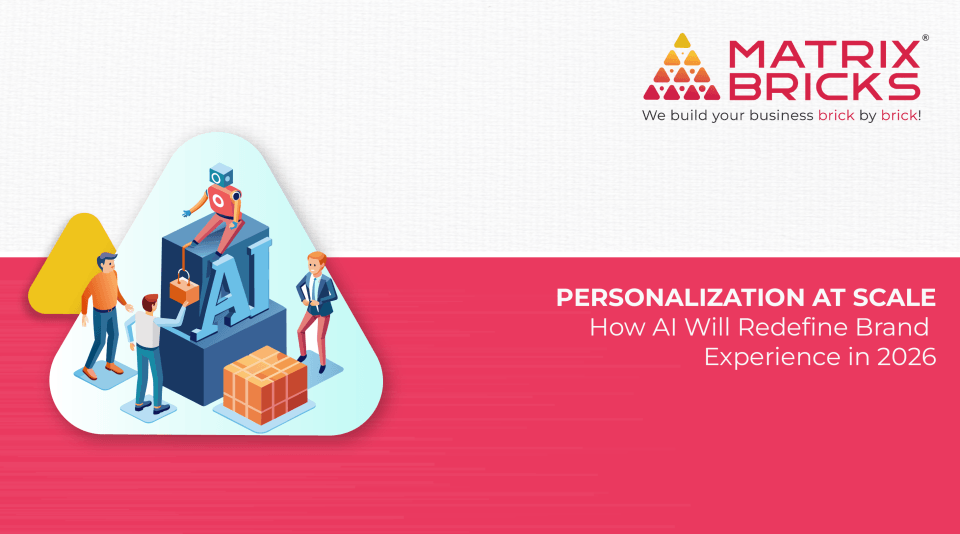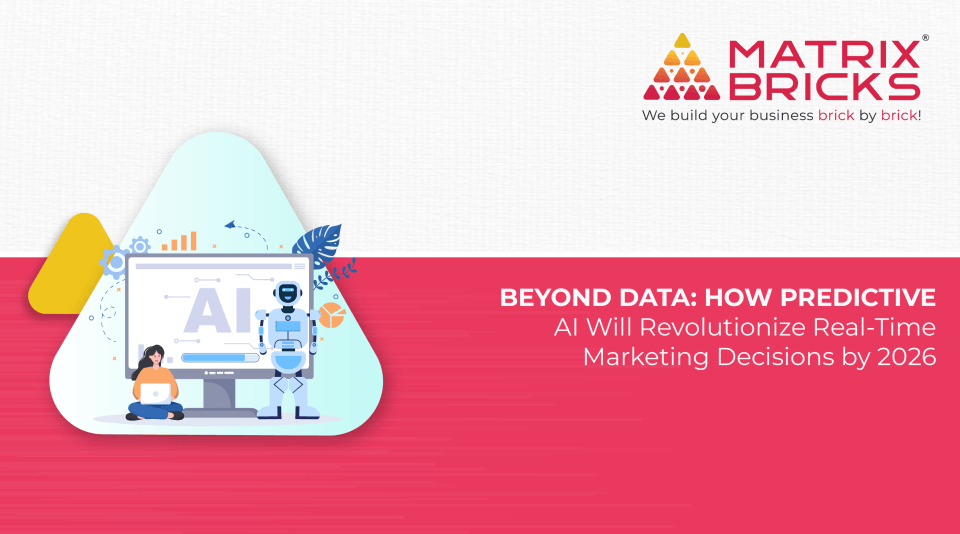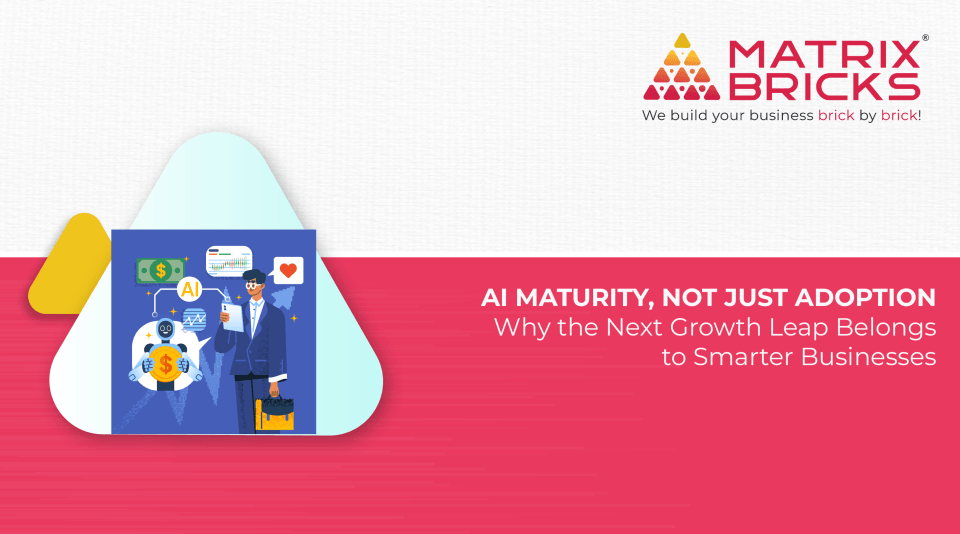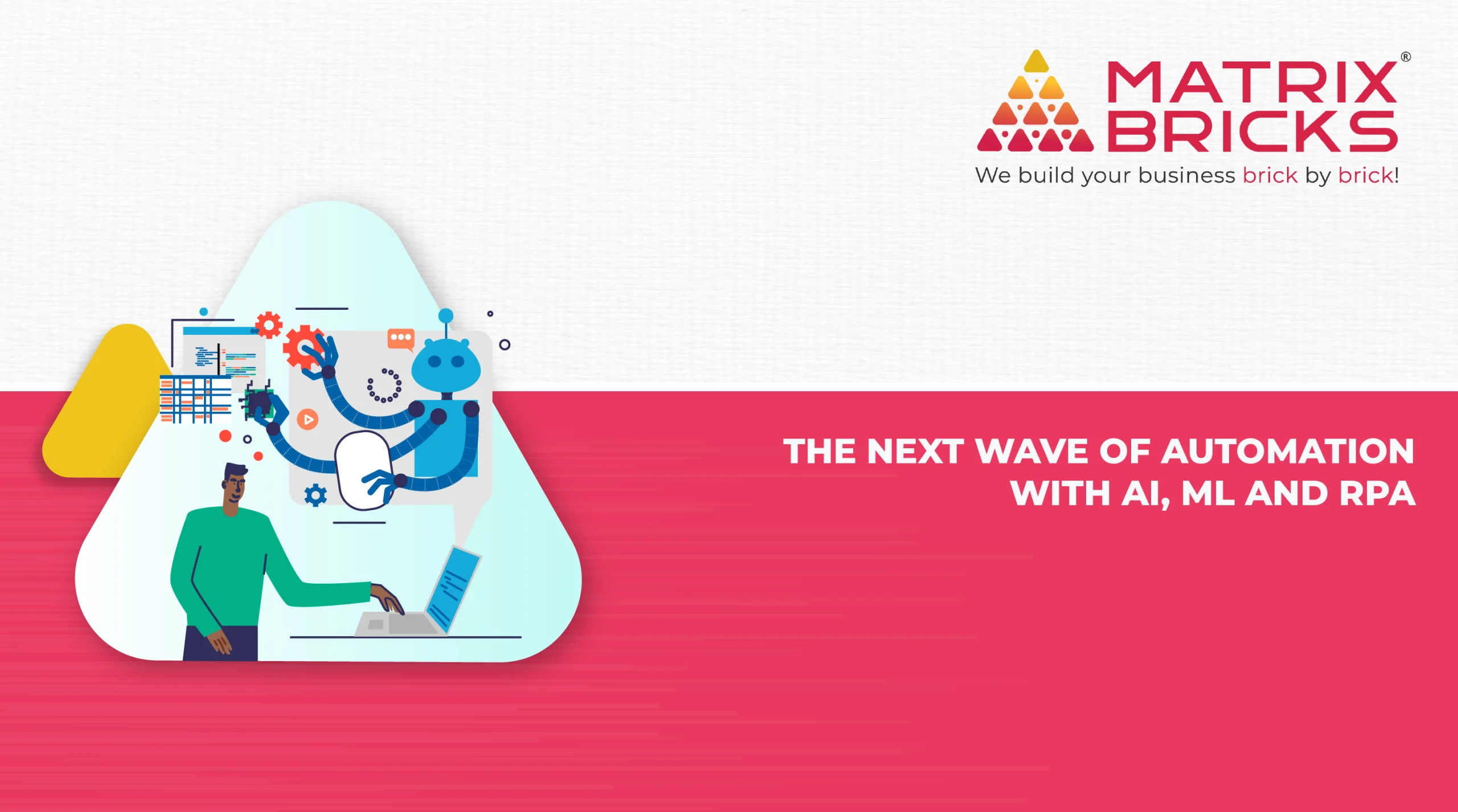
Introduction: Where Automation Gets Smarter
In today’s fast-paced digital ecosystem, businesses in India and across the globe are under constant pressure to innovate, optimise operations, and remain competitive. Traditional automation, though efficient, has often been limited to rule-based tasks. Enter intelligent automation — the fusion of Robotic Process Automation (RPA) with Artificial Intelligence (AI) and Machine Learning (ML) — that marks a significant shift in how businesses handle both routine and complex workflows.
This convergence is more than just a tech upgrade; it represents a fundamental change in how automation works. By combining the precision of RPA with the cognitive abilities of AI and the adaptability of ML, intelligent automation is creating systems that learn, improve, and make decisions. In this blog, we explore how this transformation is unfolding, what it means for businesses, and why it’s becoming a crucial investment for future-ready enterprises.
If you’re curious about the future of automation or looking for smarter ways to scale business processes, this deep dive into intelligent automation is just what you need.
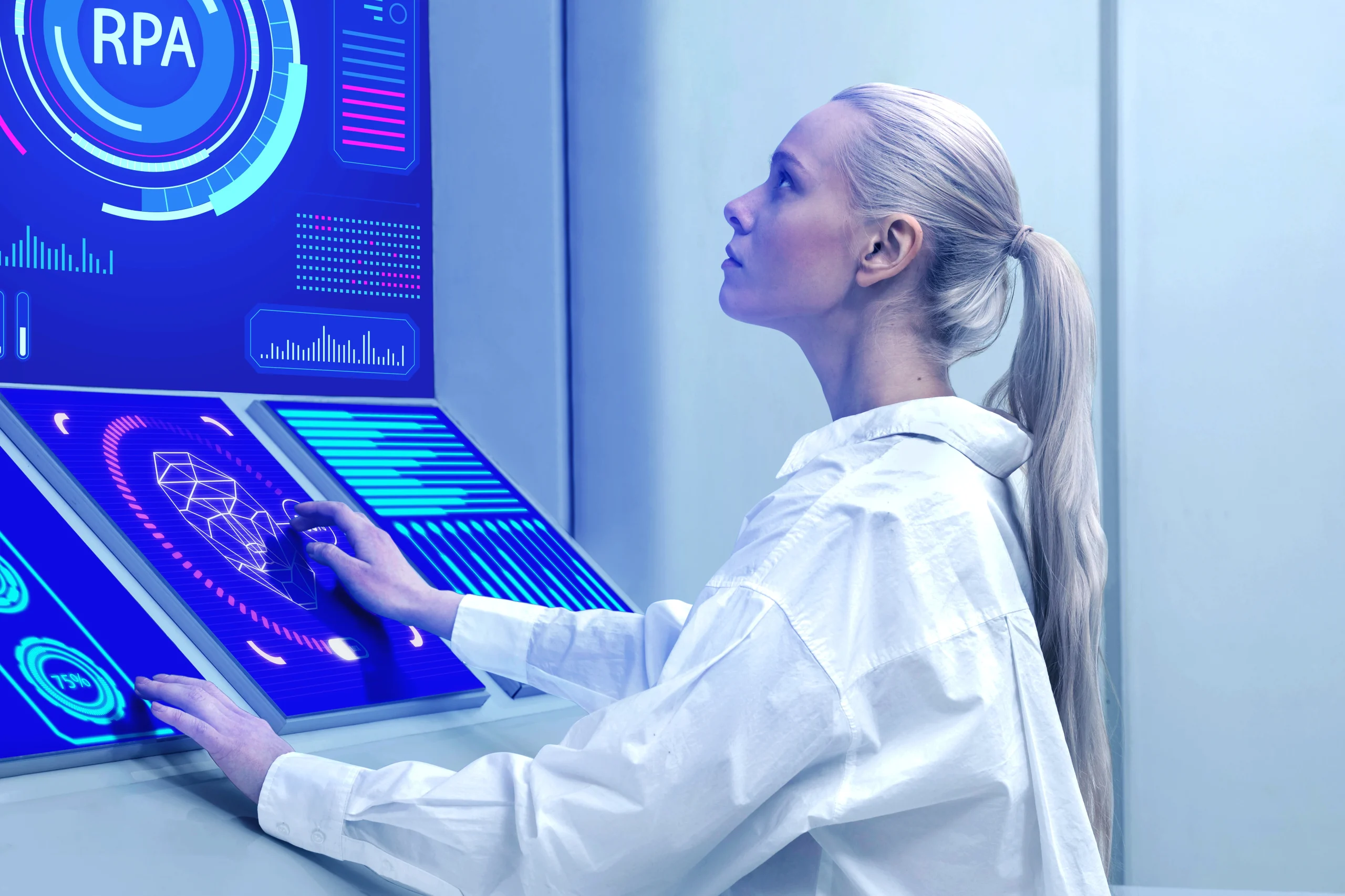
Understanding the Core of Intelligent Automation
Intelligent automation, at its core, is the seamless integration of RPA with AI and ML. Each of these components serves a unique function:
- Robotic Process Automation (RPA): Performs repetitive, rule-based tasks across systems without manual intervention, and is often validated through robotic process automation testing to ensure accuracy and reliability.
- Artificial Intelligence (AI): Adds the ability to interpret data, understand language, and simulate human decision-making.
- Machine Learning (ML): Enables systems to learn from data patterns and improve over time without being explicitly programmed.
While RPA handles the “doing,” AI brings in the “thinking,” and ML powers the “learning.” When these technologies converge, the outcome is a highly adaptive, intelligent system capable of end-to-end automation, making decisions, and continuously improving.
This evolution is particularly relevant in the Indian context, where scalability and cost-efficiency are key drivers for digital transformation. Intelligent automation enables businesses to go beyond task automation to process optimization and predictive decision-making.
Why the Fusion of RPA, AI, and ML Is a Game-Changer
1. Enhanced Decision-Making Capabilities
With the inclusion of AI and ML, RPA systems are no longer confined to following static rules. They can now process unstructured data, analyze it, and make informed decisions. This significantly improves the quality and speed of operations.
2. Scalability with Flexibility
Unlike traditional automation systems that struggle with change, intelligent automation adapts and scales in real time. Machine learning ensures that systems evolve with new data, making them ideal for dynamic environments like healthcare, banking, or customer service.
3. Improved Accuracy and Efficiency
By combining structured rule execution with predictive intelligence, businesses can reduce human error and rework. This dual approach enhances productivity and accuracy across departments.
4. Seamless User Experience
Customer-facing processes benefit greatly as AI enables systems to understand natural language, respond to voice inputs, and personalise interactions. This helps in delivering better user experiences that feel more human than robotic.
5. Cost Optimisation and Resource Reallocation
By automating complex tasks, organizations can free up skilled professionals for higher-value work. This not only cuts operational costs but also enhances employee engagement and innovation.
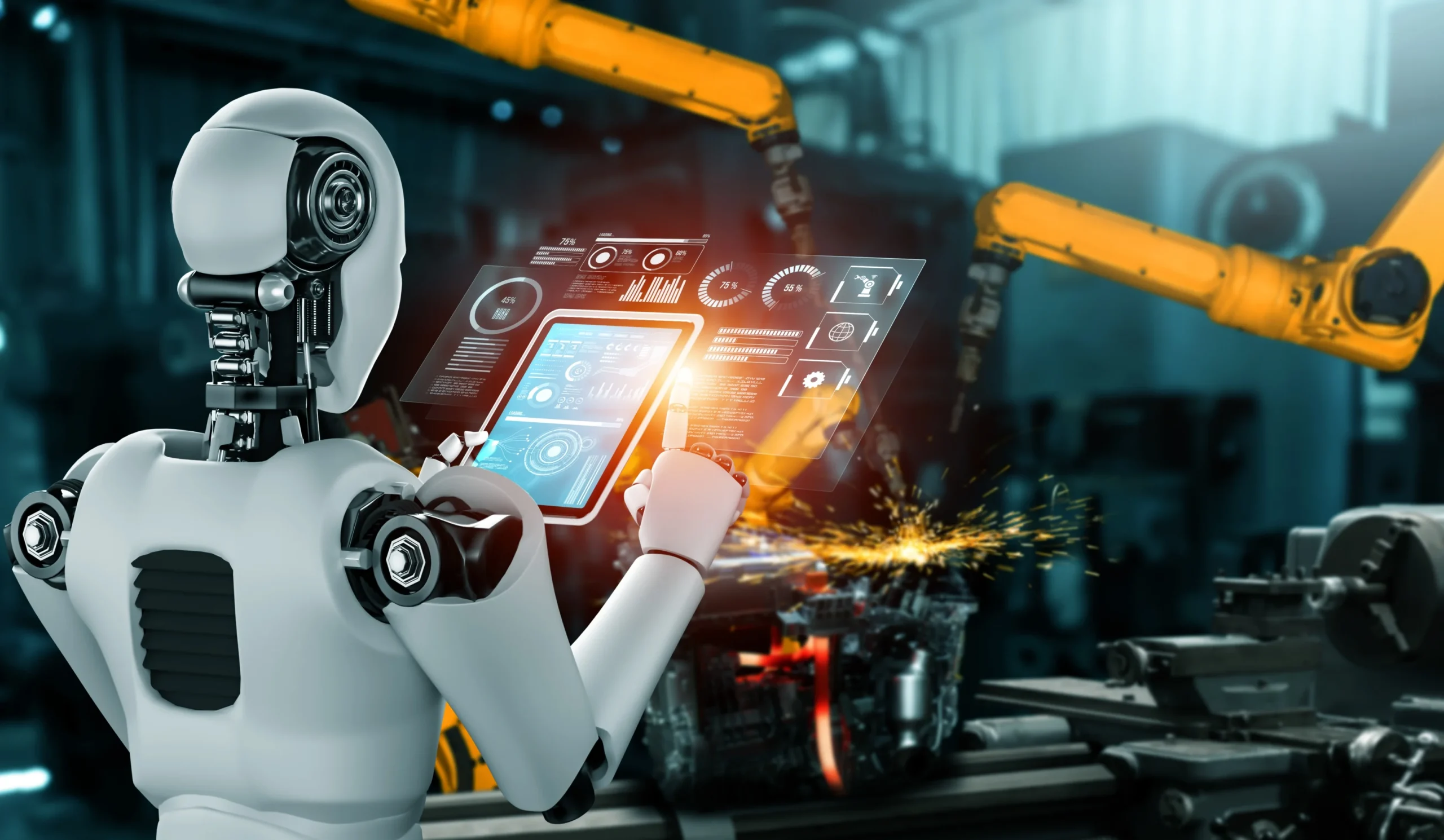
Key Components Driving Intelligent Automation
To better understand intelligent automation, let’s break down the foundational technologies and how they interplay:
Robotic Process Automation (RPA)
RPA is the base layer, designed to handle high-volume, repetitive tasks such as data entry, transaction processing, and compliance checks. This robotic process automation technology integrates easily with legacy systems and requires minimal changes to existing infrastructure.
Artificial Intelligence (AI)
AI introduces cognitive capabilities. This includes:
- Natural Language Processing (NLP)
- Image and pattern recognition
- Sentiment analysis
- Predictive analytics
These abilities allow automated systems to interpret context, derive insights from data, and make reasoned decisions.
Machine Learning (ML)
ML continuously feeds learning into the system. Algorithms analyse historical data and adjust operations based on insights. Over time, this creates a loop of continuous improvement.
Data Integration and Orchestration
A successful intelligent automation system depends heavily on how well it can pull data from disparate sources and use it meaningfully. Orchestration tools ensure that data flows efficiently across RPA bots, AI modules, and ML engines.
Challenges and Considerations for Indian Enterprises
Despite the promising outlook, adopting intelligent automation isn’t without its hurdles, especially in the Indian business environment:
1. Legacy System Constraints
Many Indian enterprises still operate on outdated IT infrastructures, making the integration of advanced tools complex.
2. Skills Gap and Change Management
Employees may need training to work alongside intelligent systems. Furthermore, managing organizational change and setting the right expectations are critical.
3. Data Privacy and Compliance
With a growing emphasis on data protection regulations, ensuring compliance while deploying intelligent systems is essential.
4. Initial Investment vs Long-Term Gain
While the ROI is strong, the upfront costs of deploying AI and ML technologies with RPA can be significant. Strategic planning and phased implementation help mitigate this challenge.
However, these are not deal-breakers. With the right vision, skilled workforce, and gradual scaling, Indian organizations can fully capitalize on the benefits of intelligent automation.
The Future Outlook: Intelligent Automation as a Catalyst for Digital India
India’s digital journey is accelerating, supported by a government-backed focus on innovation and infrastructure development. In this context, intelligent automation—powered by advanced robotic process automation tools—emerges as a natural enabler for:
- Smart Governance
- Transparent Public Services
- Efficient Healthcare Delivery
- Future-Ready Manufacturing
- Scalable Education Technology Platforms
As digital adoption deepens, intelligent automation is expected to become integral to both public and private sectors. For improving efficiency, AI-driven automation using robotic process automation tools is probably going to be incorporated into most company operations by 2030.
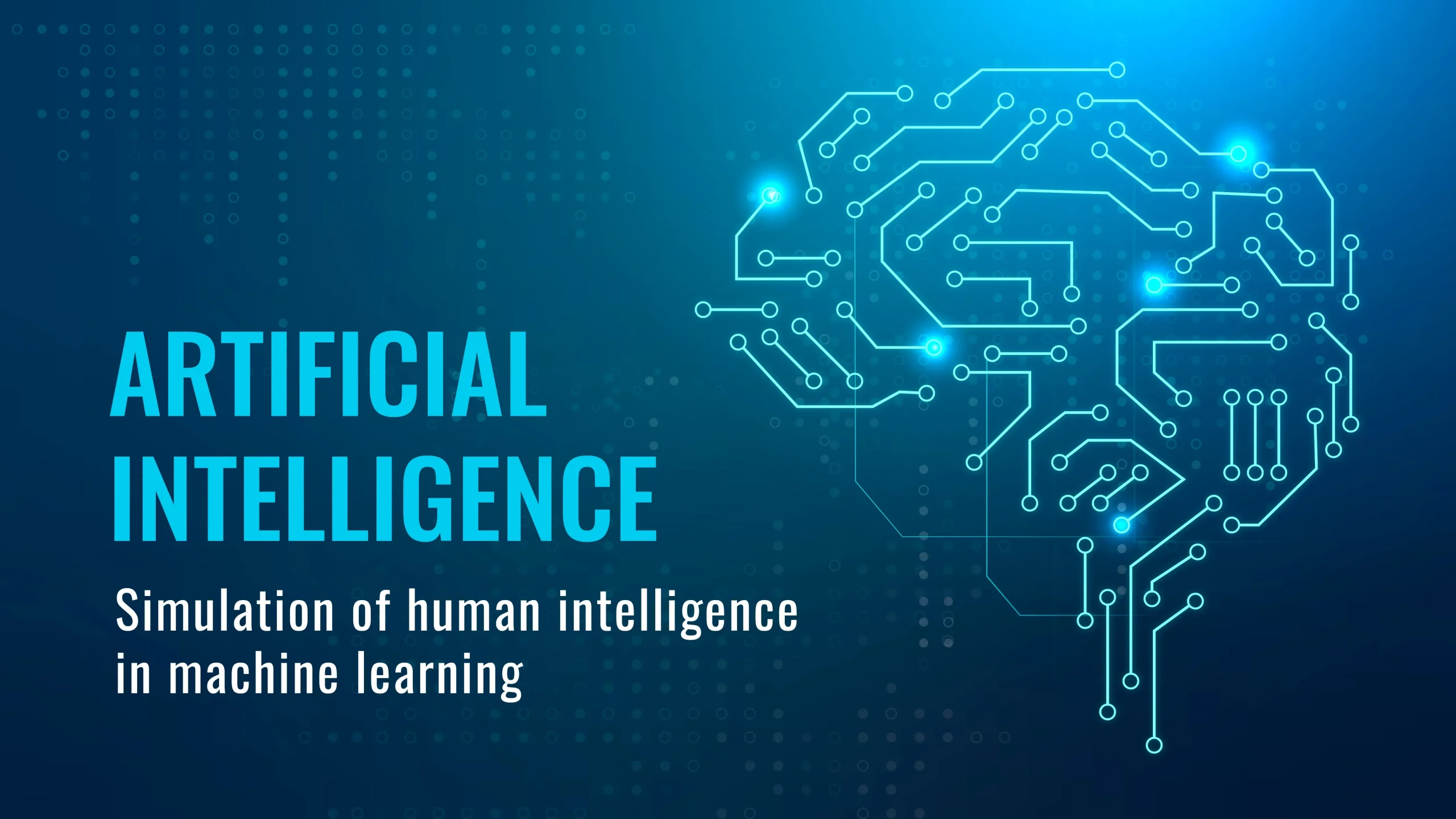
Summary: Key Takeaways on Intelligent Automation
- Intelligent automation combines RPA with AI and ML to create smart, adaptive systems.
- It turns monotonous jobs into dynamic processes that allow for decision-making.
- The technology enhances productivity, reduces errors, and delivers better customer experiences.
- Though challenges exist, especially in legacy infrastructure and skills, Indian enterprises can overcome them with strategic planning.
- The future of automation is intelligent, and its role in shaping a digitally-empowered India is only beginning.
Conclusion: Embracing the New Era of Automation
The fusion of RPA with AI and ML is not a fleeting trend – it’s a paradigm shift. Intelligent automation is enabling businesses to move beyond routine task handling to strategy-driven, intelligent operations. For Indian enterprises looking to drive innovation, streamline operations, and remain globally competitive, now is the time to act.
Organizations that embrace intelligent automation today will be the leaders of tomorrow’s digital economy. Start small, scale fast, and prepare for a future where your business isn’t just automated but intelligently empowered.
Frequently Asked Questions (FAQs)
1. What is intelligent automation in simple terms?
Intelligent automation refers to the integration of RPA, AI, and ML to create systems that not only automate tasks but also think, learn, and adapt.
2.What distinguishes intelligent automation from conventional RPA?
Traditional RPA follows rules and scripts. With AI and ML, intelligent automation can analyse data, make decisions, and get better over time.
3. Can Indian SMEs benefit from intelligent automation?
Yes, SMEs can start with scalable solutions and gradually integrate AI and ML to improve operational efficiency.
4. What industries can implement intelligent automation?
Industries including finance, healthcare, retail, manufacturing, and government services can leverage intelligent automation.
5. Is intelligent automation secure and compliant with data regulations?
With the right protocols and governance in place, intelligent automation can be both secure and compliant with Indian and global data regulations.


